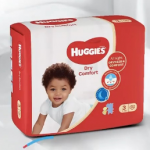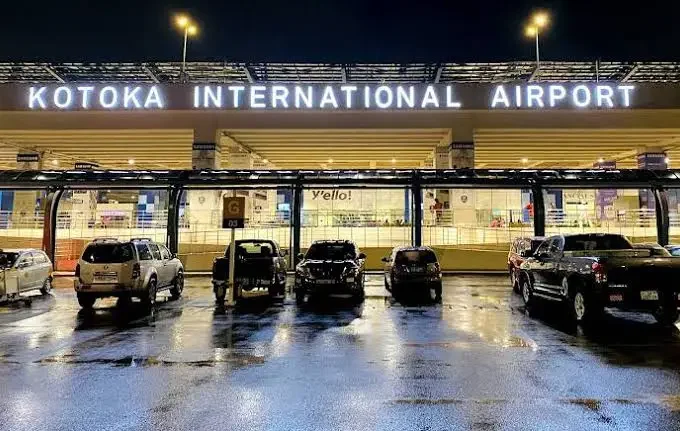
Sweden, Finland Move To Ease Strict Restrictions On Alcohol Sales

Sweden’s government has announced plans to allow breweries, distilleries, and winemakers to sell alcoholic beverages directly to visitors, easing the country’s strict alcohol monopoly.
Currently, Swedes can only purchase beverages with an alcohol content above 3.5 per cent at state-run outlets called Systembolaget and some authorised rural retailers. Prime Minister Ulf Kristersson described the move as a “freedom reform” aimed at making Sweden more like other European countries where direct sales are common.
The proposed reform targets small-scale and artisanal producers, potentially benefiting around 600 businesses. Sales will be limited to visitors who have paid for a guided tour or a lecture, with a maximum purchase of 0.7 litres of spirits and three litres of wine and beer. Despite this relaxation, the government emphasised its commitment to maintaining the Swedish alcohol monopoly, which reportedly aims to limit consumption for public health reasons.
Meanwhile, Finland’s parliament has approved a law allowing the sale of fermented drinks, such as beer, wine, and cider, with an alcohol content of up to 8% in supermarkets, up from the previous 5.5% limit. This change does not include distilled beverages. Finland’s decision, supported by a parliamentary vote of 102 to 80, reflects a similar move towards loosening strict alcohol regulations while maintaining overall state control.
Both countries are the only EU members with alcohol monopolies. BBC reported that the European Commission may review these changes to ensure compliance with competition laws. If approved, Sweden’s new regulations could take effect in 2025, while Finland’s new law will come into force as early as next week.
Visit http://www.westafricaweekly.com for more.
About The Author
Related Articles
Ghana to Rename Kotoka International Airport
Ghana’s government is preparing to rename the country’s main international gateway, Kotoka...
ByWest Africa WeeklyFebruary 4, 2026Russia Congratulates Ibrahim Traoré on Assuming AES Presidency
Russia has congratulated Burkina Faso’s President, Captain Ibrahim Traoré, on his assumption...
ByWest Africa WeeklyFebruary 4, 2026AES Condemns Niamey Airport Attack, Warns of Coordinated Destabilisation
The Alliance of Sahel States has strongly condemned the armed attack on...
ByWest Africa WeeklyFebruary 2, 2026Mali Cedes Strategic Land to Guinea to Deepen Trade Cooperation
Mali has approved the transfer of a strategic parcel of land to...
ByWest Africa WeeklyFebruary 2, 2026











